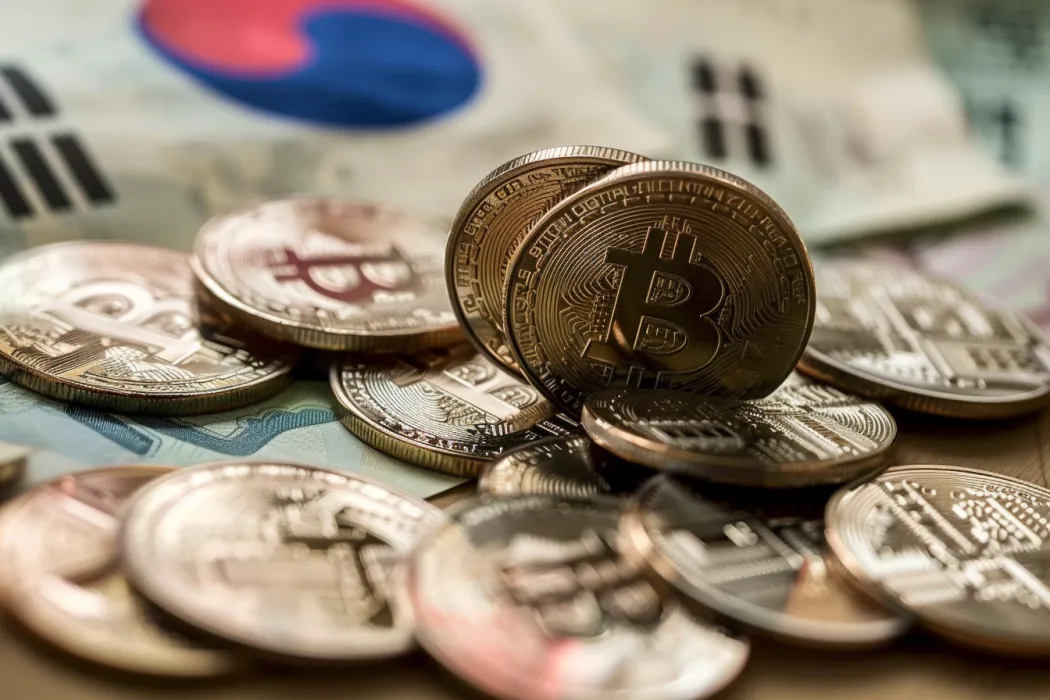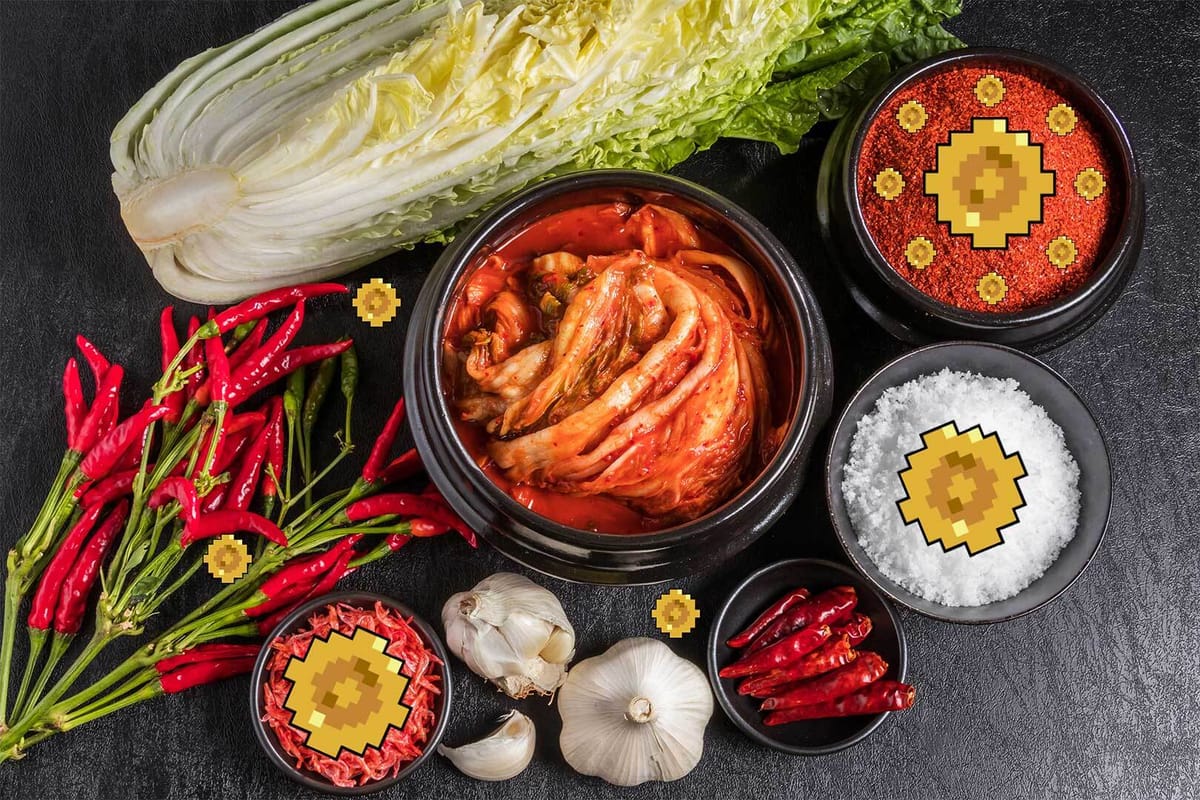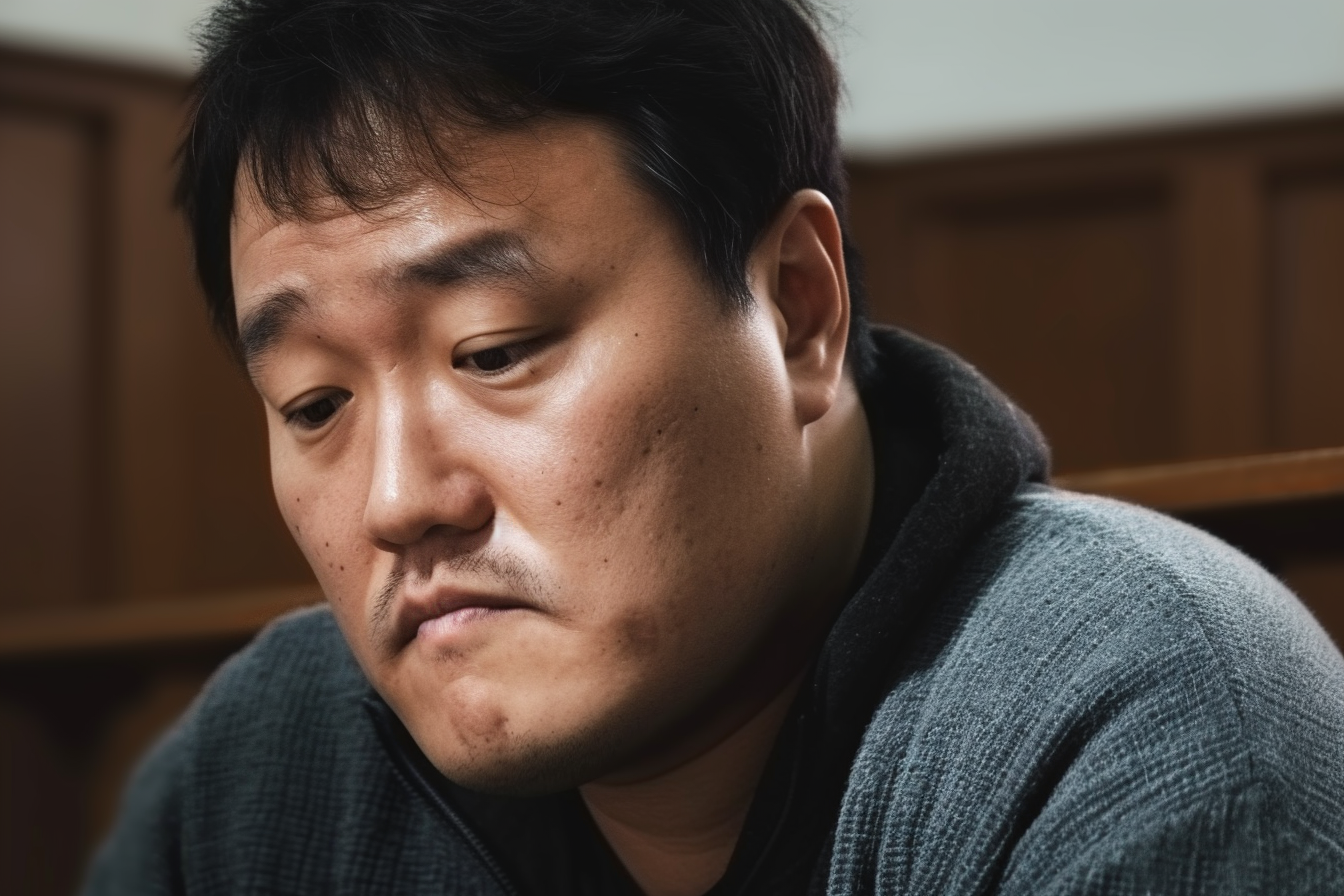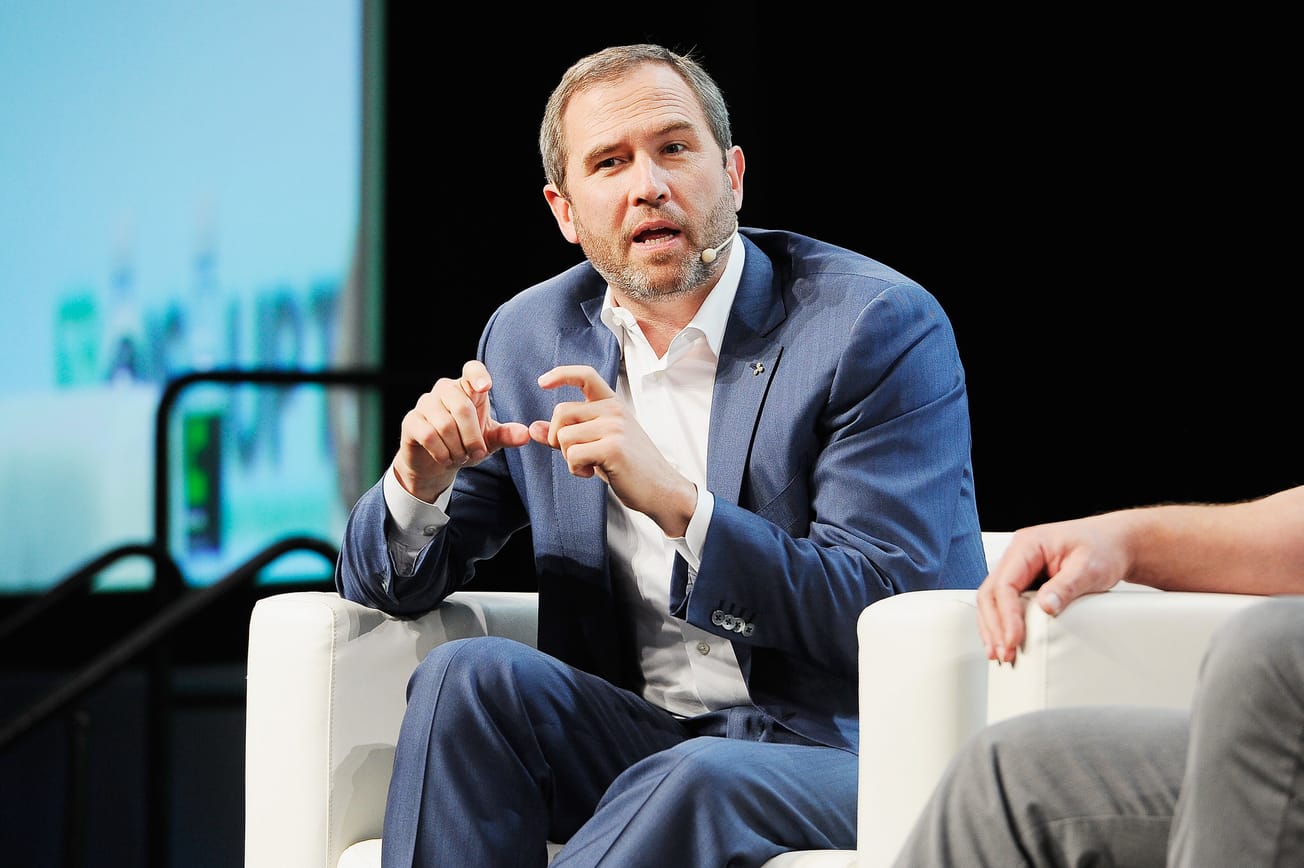Table of Contents
The "kimchi premium" has returned to its two-year high of 10% as Bitcoin breaks above its previous record.
Shortly after Bitcoin hit $69,000, the "kimchi premium" went as high as 12% on Wednesday.
Although not exclusively used on Bitcoin, the term "kimchi premium" is used to describe the phenomenon when cryptocurrencies trade at higher prices on South Korean exchanges compared to the rest of the world.
The discrepancy occurs due to high demand for crypto - in this case, Bitcoin - and limited trading options due to regulator restrictions and capital controls.
Only Korean nationals and foreign residents with a resident registration card can make transactions through exchanges in Korea, effectively banning foreigners and corporations from trading.
“The price is set by the market depending on demand and supply. If the markets are fully open and there are more players, the price kind of sets and are quite close between different platforms,” explained Crypto.com COO Eric Anziani.
#Bitcoin's price premium in Korea reaches 10%, a two-year high. Korean retail investors are getting back.https://t.co/2hsQyawe2i pic.twitter.com/iKXm25Un3T
— Ki Young Ju (@ki_young_ju) March 7, 2024
CryptoQuant CEO Ki Young Ju highlighted the kimchi premium on X, showing that the gap widened to 12% before falling to 6% one day later. Bitcoin, which fell on Thursday, has regained much of its losses but is still trading below $68,000.

Falling Bitcoin prices tend to reduce the kimchi premium. During crypto winter, the gap was close to zero. When Bitcoin saw its first big surge, from $6K to $19K, the kimchi premium went as high as 60%.
“In more recent years, cryptocurrency prices in Korea have been showing a synchronized movement with the global market price. There may be some discrepancies, but the prices generally move in the same direction,” said a local crypto trading service operator official.
Nonetheless, the official added that the kimchi premium was generally on the downtrend. “The kimchi premium has weakened significantly compared to the past,” the official said.
“Especially with the approval of the spot bitcoin exchange-traded funds earlier this year, institutional investments have flowed into the global bitcoin market making the cryptocurrency’s price more stable.”
South Korea recently revealed it was considering a two-year delay in implementing its crypto taxation laws.
The virtual asset taxation regime was already pushed back from January 2023 to January 2025. South Korea's ruling People Power Party is now proposing a second delay as a “general election pledge.” Its legislative elections will be held on 10 April 2024.

Approved in December 2022, the new tax reforms see South Koreans with more than 2.5 million Korean won ($1,865) in crypto asset gains will be subject to a 22% tax. The government plans to submit an amendment later this month.
Do Kwon's Homecoming
Bitcoin might be the most desirable asset right now but LUNA founder Do Kwon also appears to be in high demand. The US, Montenegro, and South Korea are all fighting over the fallen crypto mogul.
Towards the end of last year, Montenegro Justice Minister Andrej Milović reportedly said in private that he plans to extradite Do Kwon to the US to face fraud and securities-law charges related to the collapse of LUNA.
In a new twist, Montenegro’s High Court has now determined that Do Kwon should instead be handed over to South Korea.

Do Kwon was originally arrested in Montenegro in March 2023 for traveling on a fake passport.
The decision is regarded as a win for Do Kwon and his team, who had pushed for his return to his homeland, as white-collar crime penalties are generally lower than in the US.
However, court spokeswoman Marija Rakovic said prosecutors still have the opportunity to appeal, which would reverse the decision. In any case, extradition could proceed after Do Kwon finishes his sentence for his fake passport charges in late March.
Additionally, if Do Kwon is extradited to South Korea, the government would still need to reach a deal with the US to have him tried in New York. The United States could contend that it possesses greater capability to confiscate Kwon's assets globally and consent to jointly distribute them with South Korea.
On 22 January 2024, Terraform Labs revealed it filed for Chapter 11 bankruptcy in Delaware. The firm said the move was “a strategic step that will enable it to continue its operations and support litigation pending in Singapore and U.S. litigation involving the Securities and Exchange Commission.”

Terraform Labs also vowed to “meet all financial obligations to employees and vendors during the Chapter 11 case” without requiring additional financing. The firm's assets and liabilities range between $100 million and $500 million.
“The Terra community and ecosystem have shown unprecedented resilience in the face of adversity, and this action is necessary to allow us to continue working towards our collective goals while resolving the legal challenges that remain outstanding,” Chris Amani, chief executive of Terraform Labs, said.






